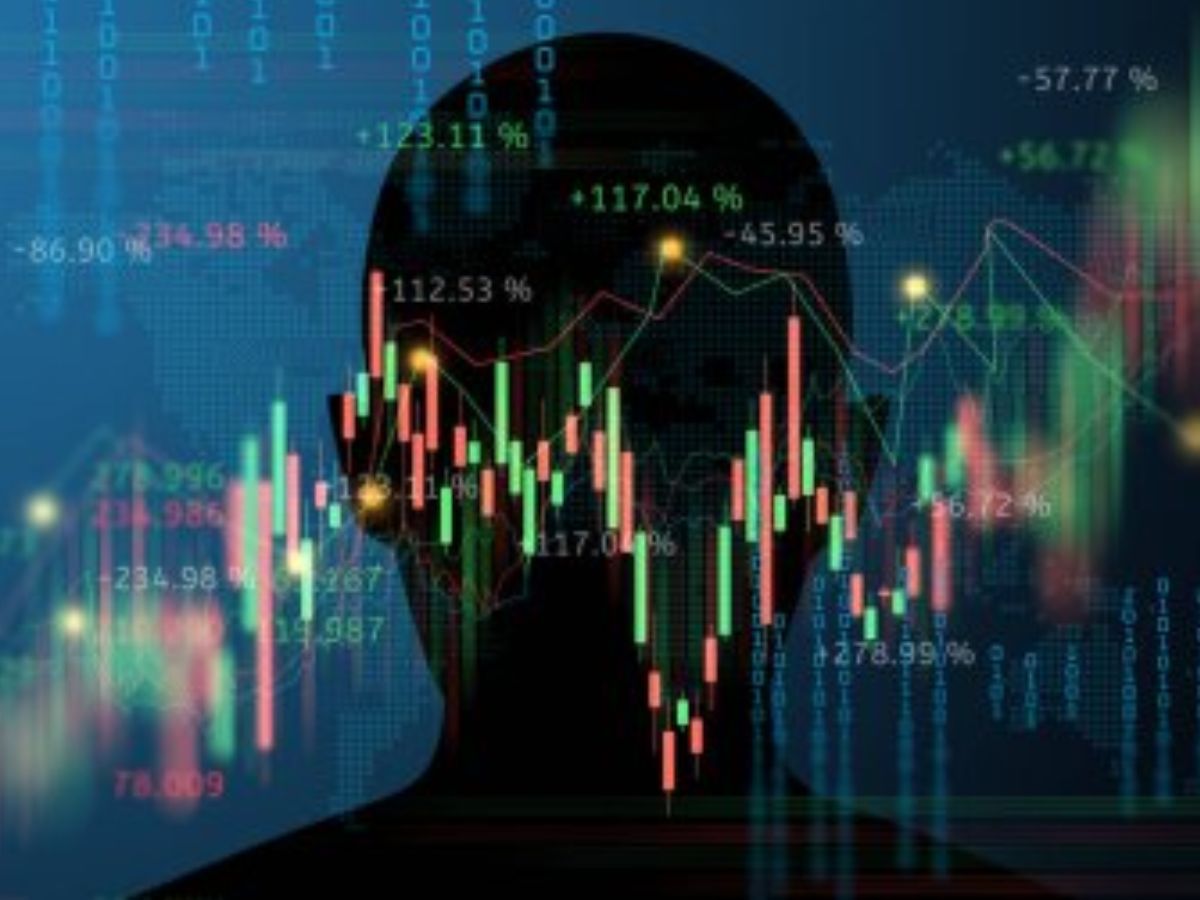New Delhi (India), July 19: In recent years, algorithmic trading platforms have revolutionized the global trading market, providing unprecedented opportunities for small and mid-sized brokers. These platforms, which leverage complex algorithms to execute trades at speeds and efficiencies far beyond human capabilities, are democratizing access to sophisticated trading strategies. By offering their services for a minimal fee, algo trading platforms enable brokers to operate independently and competitively, fostering a more level playing field in the financial markets.
One of the most significant impacts of algo trading platforms is their ability to offer a neutral marketplace. Traditionally, high-frequency trading and advanced algorithmic strategies were the domain of large financial institutions with extensive resources. However, modern algo trading software, such as Amibroker, MetaTrader and QuantConnect, has made these tools accessible to smaller players. This accessibility allows small and mid-sized brokers to harness the power of advanced trading strategies without the need for substantial investment in technology or infrastructure.
The above-mentioned algo trading platforms such as Amibroker, MetaTrader and NinjaTrader have set the standard in this space. MetaTrader is renowned for its user-friendly interface and extensive range of analytical tools, making it a favorite among retail traders. NinjaTrader, on the other hand, offers advanced charting capabilities and a wide array of third-party add-ons, catering to more experienced traders. QuantConnect provides an open-source environment where traders can build and test their algorithms, fostering innovation and collaboration within the trading community.
Moreover, the autonomy provided by these platforms is a game-changer for brokers. Unlike traditional trading environments where brokers are often tied to the day-to-day operations and decision-making processes of their trading partners, algo trading platforms operate independently. This separation means that brokers can focus on their core business strategies, relying on the platforms to handle the execution of trades. The result is a more streamlined and efficient trading process, free from the constraints of manual intervention.
The transformation brought about by algo trading platforms extends beyond individual brokers to the entire financial ecosystem. By facilitating faster, more accurate, and more efficient trading, these platforms enhance market liquidity and stability. They also contribute to the overall transparency of the markets, as algorithmic trades are typically executed based on predefined criteria, reducing the potential for human error and emotional decision-making.
Despite the significant advancements made by existing platforms, there is still a pressing need for more such tools in the algo trading space. The continuous evolution of financial markets and the growing complexity of trading strategies necessitate the development of more sophisticated and accessible platforms. Future algo trading solutions must incorporate cutting-edge technologies like artificial intelligence and machine learning to stay ahead of market trends and provide even greater value to traders and brokers.
In conclusion, algo trading platforms are reshaping the trading market worldwide by empowering small and mid-sized brokers with advanced trading tools and business autonomy. The success of platforms like MetaTrader and QuantConnect illustrates the transformative potential of these technologies. However, to fully realize the potential of algorithmic trading and further democratize access to sophisticated trading strategies, the market needs more innovative platforms that leverage the latest technological advancements. As these platforms continue to evolve, they will undoubtedly play a crucial role in the ongoing transformation of the global financial ecosystem.



